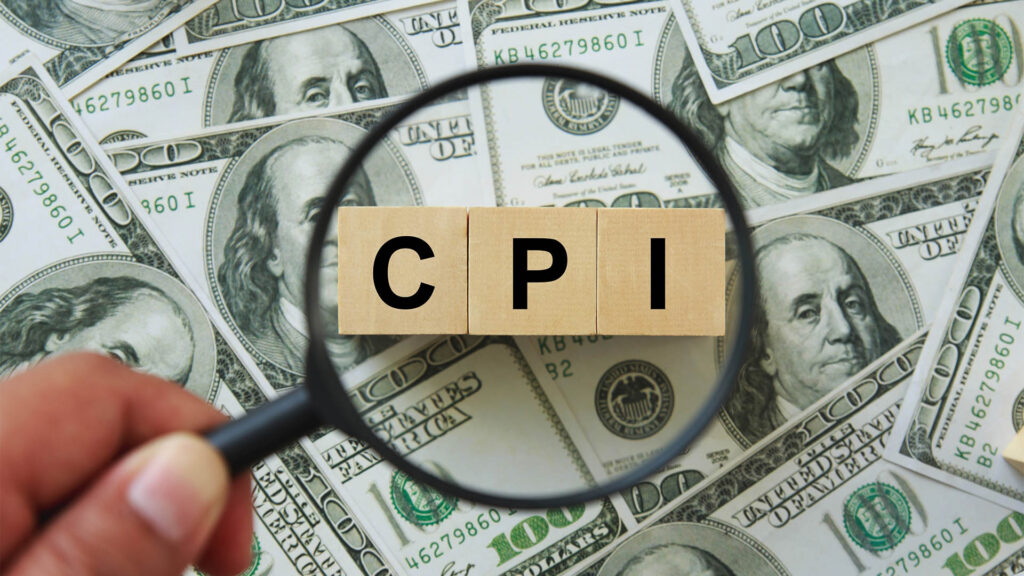The monthly Consumer Price Index (CPI) indicator might have shown headline cost rises slowing to an annual rate of 2.7% in August, but as we have pointed out in the past, it is not as comprehensive a measure as the quarterly Consumer Price Index.
The monthly indicator covers only about 70% of what the CPI measures, which is why the fall in August from July’s high of 3.5% is welcome, but no cause for celebration.
With government assistance packages reducing the impact of electricity costs—which the Reserve Bank says it will ignore—the central bank won’t be changing its thinking on a rate cut any time soon.
Still, it was the lowest reading in three years, while the core measure (which excludes volatile items) at 3% was also the lowest outcome in three years.
Data from the Australian Bureau of Statistics (ABS) shows that ongoing inflation drivers like housing costs, tobacco, and alcohol (due to higher excise charges) were still pressures but were partly offset by a fall in transport, specifically lower petrol and oil prices.
ABS Head of Prices Statistics, Michelle Marquardt, said in the release that housing costs rose 2.6%, food and non-alcoholic beverages were up 3.4%, and alcohol and tobacco jumped 6.6%. Partly offsetting the annual increase was transport, which fell by 1.1%.
“Falls in automotive fuel and electricity were significant moderators of annual inflation in August. Automotive fuel was 7.6% lower than in August 2023, following price falls in recent months.
“For electricity, the combined impact of the Commonwealth Energy Bill Relief Fund rebates and State Government rebates in Queensland, Western Australia, and Tasmania drove the largest annual fall in electricity prices on record, a 17.9% decrease.
“The falls in electricity and fuel had a significant impact on the annual CPI measure this month. When prices for some items move by large amounts, measures of underlying inflation, such as CPI excluding automotive fuel, fruit and vegetables, and holiday travel, along with the trimmed mean, can provide additional insights into how inflation is trending,” Ms Marquardt said.
CPI inflation, excluding volatile items and holiday travel, was 3% in August, down from 3.7% in July.
Annual trimmed mean inflation, which excluded both the falls in automotive fuel and electricity, alongside other large price rises and falls, was 3.4% in August, down from 3.8% in July.
“Both measures of annual underlying inflation in August are the lowest they have been in 2.5 years,” Ms Marquardt said.

